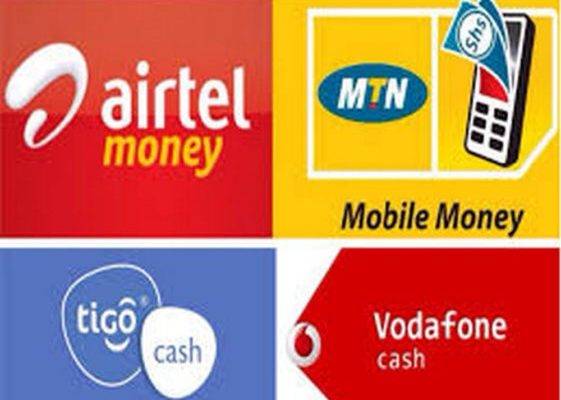Electronic Levy popularly known as E-levy is a new taxation policy which was announced to be introduced by the government if approved by parliament in 2021 by the finance minister to widen the tax net of the country. Since it's announcement, a lot of debates has risen on it discussing it's positive and negative effects on the country's economy.
The minority in parliament headed by Hon. Haruna Iddrisu declared publicly that the minority frowns and will never support the policy as they believed the government is trying to overburden the ordinary Ghanaian on top of recent hard economy. Brawls broke out in parliament in December 2021 over the E-levy bill. The bill was approved recently and it was scheduled to take effect starting 1st May, 2022.
Most Ghanaians are still not cleared on the transactions that will be affected by the Levy. Below are lists of some transactions to be affected
1. Mobile money transfers from an account on Electronic Money Issuer(EMI) to a recipient on another EMI
2. Transfers from mobile money accounts to bank accounts
3. Transfers from bank accounts to mobile money accounts
4. Bank transfers on a digital platform or application originating from a bank account belonging to an individual to another individual
Above are some of the transactions to be affected but full list will be known when the effect fully takes place. As at now the rate scheduled stands at 1.5 per cent brought down from initial proposal of 1.75 per cent. The commissioner of GRA, Dr. Owusu Amoah said the calculated revenue to be accumulated annually from the E-levy is GH¢4.5billion. All the charges on the Levy will borne by the sender except in case of upward remittances where charges will be borne by recipients
.
Since the approval of the E-levy, a lot of Ghanaians are panicking on effect the Levy will have on their day to day transactions which even led to panic cash outs .
We explored some ways to avoid the E-levy.
1. Send a maximum of 150 Ghana cedis
The Levy will not affect transactions below Gh¢150.00 daily
2. Use cash transactions.
A lot of people has raised the idea of going back to cash transactions to avoid the E-levy, so in avoiding the E-levy you just have to avoid online payments and go back to physical cash transactions
3. Use cheque payments
Using cheque payments is also another simple way to avoid E-levy
But as a good citizen who desires the development of the country, we should embrace and welcome this new tax and hope the government invest the income from this tax positively to improve all sectors of the economy.




No comments yet
Be the first to share your thoughts!